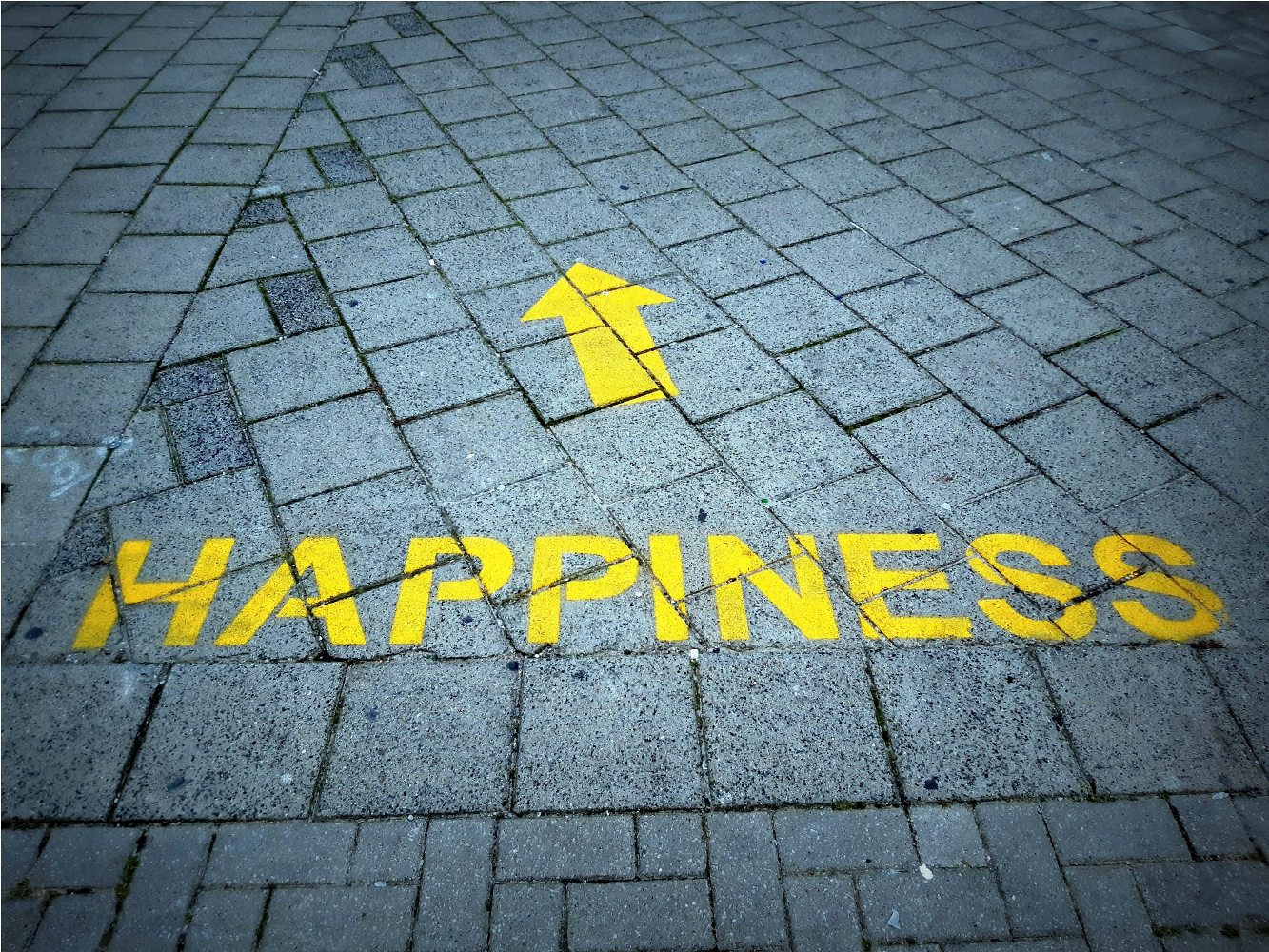Adult ADHD, or Attention Deficit Hyperactivity Disorder, is a condition that affects the brain. It is commonly diagnosed in children, but many adults who were not diagnosed as children have begun to recognize the behaviors and symptoms of ADHD in themselves. Often, this coincides with their child being diagnosed. One of the traits associated with ADHD is Rejection Sensitive Dysphoria (RSD). This disorder is connected to the emotional sensitivity trait found in most adults who struggle with ADHD.
Rejection Sensitive Dysphoria is a condition that adults with ADHD have due to an inability to properly handle criticism and rejection. These individuals tend to hold onto the negative words spoken to them for an extended time.
The LORD is for me; I will not fear. What can man do to me? — Psalm 118:6, NASB
Signs of Rejection Sensitive Dysphoria
Identifying the signs of RSD can be challenging for some people. They find it hard to describe the pain that is associated with the rejection and criticism they receive. It tends to be an intense pain that is seemingly different from other forms of pain.
The typical signs of rejection sensitive dysphoria are:
- Low self-esteem
- Easily feel embarrassed
- Turn feelings inward
- Difficulty managing emotions related to rejection
- Avoid starting projects or tasks
- People pleasing tendencies
- Striving for perfection
- Rumination about the critical comment or rejection
- Overcompensating
- Catastrophic thinking
There is not much research that quantifies the number of people who experience emotional sensitivity in the form of RSD, but it appears to happen in a significant number of adults with ADHD. Most adults suffering from RSD will manifest intense feelings that are associated with the belief they have failed or made a huge mistake. They find it difficult to release critical comments from others.
Consequences of RSD
There are consequences of RSD that affect adults with ADHD. These could affect various areas of life and make it difficult to manage.
Relational consequences When a person struggles with rejection, they may decide to avoid social situations that could hold potential rejection.
Low work/school performance The fear of failing is a natural part of school and work. This will possibly lead a person with ADHD and RSD to avoid challenging work or school tasks. This could even prevent some from seeking a different job for fear of failing.
 Low self-esteem The negative rumination and perception will eventually lead to damaged self-esteem. The internalization of criticism often leads to feelings of shame and inadequacy.
Low self-esteem The negative rumination and perception will eventually lead to damaged self-esteem. The internalization of criticism often leads to feelings of shame and inadequacy.
People-pleasing When a person fears rejection, it is normal to engage in behavior that is pleasing to others.
Perfectionism Another consequence of RSD in adult ADHD is low performance. The need to be perfect comes from the fear of being ridiculed, rejected, or criticized.
Managing Rejection Sensitive Dysphoria
Learning to manage the symptoms of RSD can help an individual create a healthy mindset as they strive to overcome the fear of being rejected.
They must first learn the internal narrative that is currently guiding their thought process. Negative thought processes need to be given alternative perspectives and attitudes. When the situation is examined, find evidence that contradicts the strong negative feelings. For example, if you assume people hate you, what evidence do they demonstrate that proves otherwise?
Next, it is important to validate your feelings by naming the emotions you feel and not judging them. Just recognize that your feelings are valid and begin to explore other points of view on the same behavior. Take time to pause and process your emotions. You may need to set a timer for 24 hours and then recess after twenty-four hours have passed.
Likewise, you must practice self-care with your negative thoughts. Pause the negative thoughts and begin to speak kindly to yourself. You can also speak to a younger version of yourself. Other practices that can help regulate your emotions are:
- Utilize the ice pack when feeling overwhelmed with RSD, focusing on the coldness to ground yourself.
- Use mindful breathing by holding an item, focusing on it, and tracing the outline by following it with the eyes for four seconds while breathing in. After holding your breath for four seconds, exhale for four seconds while tracing the outline in the same manner in the opposite direction. Repeat the process until there is a feeling of calmness.
- Find a supportive friend who is objective and calm and reach out to them when you are experiencing RSD. Explain the situation and get their feedback
Getting Professional Help for ADHD in Irvine, CA
To reduce the effects of Rejection Sensitive Dysphoria, it is important to know how to create a reassuring area to process the thoughts and feelings and reach a positive outlook. RSD doesn’t make a person weak or dramatic. They are simply wired to have intense feelings, and with that comes the habitual need to ruminate about the situations.
Learning to control the thoughts through positive thought triggers can allow a person to quit taking the rejection or criticism personally and learn that some people say and do things that are related more to themselves.
Rejection Sensitive Dysphoria in adult ADHD can create a chaotic mindset. The first step after self-awareness is to connect with a Christian counselor in Irvine, California. If you are ready for this step, reach out to our office today at Irvine Christian Counseling. We will pair you with a Christian counselor in Irvine who will help you with a faith-based treatment plan. RSD can be managed in a way that the individual will enjoy a healthy and positive lifestyle.
References:
https://my.clevelandclinic.org/health/diseases/24099-rejection-sensitive-dysphoria-rsd
https://www.psychologytoday.com/us/blog/your-way-adhd/202106/adhd-and-rejection-sensitivity-dysphoria
www.simplypsychology.org/rejection-sensitivity-dysphoria-adhd.html
Photo:
“Faroe Islands”, Courtesy of Polina Kuzovkova, Unsplash.com, Unsplash+ License
-
Cyndi Kay Green: Author
Cyndi Kay Green is a freelance writer and owner of CyndiKay Media. In June 2020, she left the corporate world to become a full-time writer. She has been writing since 1996 with hopes of being able to walk in this calling that God had placed in her he...
DISCLAIMER: THIS ARTICLE DOES NOT PROVIDE MEDICAL ADVICE
Articles are intended for informational purposes only and do not constitute medical advice; the Content is not intended to be a substitute for professional medical advice, diagnosis, or treatment. All opinions expressed by authors and quoted sources are their own and do not necessarily reflect the opinions of the editors, publishers or editorial boards of Irvine Christian Counseling. This website does not recommend or endorse any specific tests, physicians, products, procedures, opinions, or other information that may be mentioned on the Site. Reliance on any information provided by this website is solely at your own risk.





